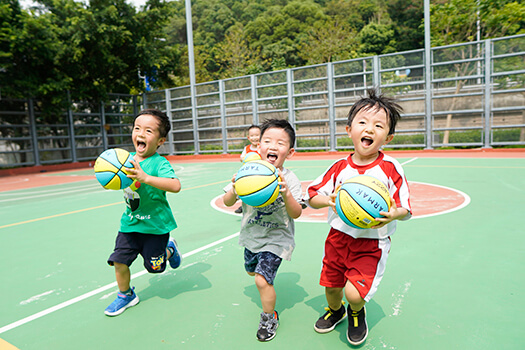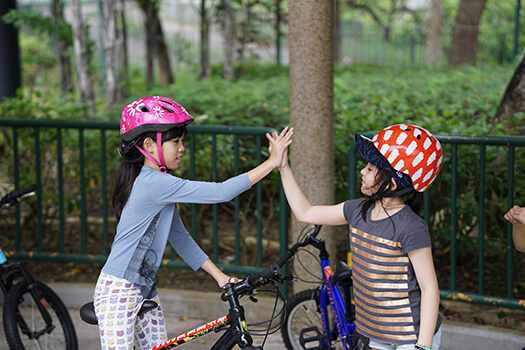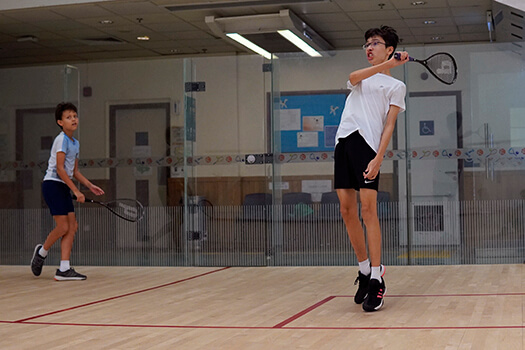Code of Conduct
Think smart development programsCode of Conduct
We value the relationship we have with our students and parents, and strive to treat one another with respect and dignity, and offer support where needed. In turn we have an expectation that parents and care-givers of children attending any of our programmes follow the same principles.
All parties should…
Respect
treat one another with respect;
respect the confidentiality of the situation and the privacy of individuals involved;
respect the beliefs, cultures and opinions of others even if you disagree.
Support
follow the procedures and practises of the programme and if you disagree with something, talk to the coach/teacher first.
Ethical Communication
use appropriate communication skills;
stay calm and relaxed;
use non-judgmental, respectful language;
seek advice whenever appropriate.
Ethical Conduct
don’t smoke anywhere in site of children;
don’t possess, use or be under the influence of alcohol or illegal drugs on school premises;
don’t harass or abuse any person or use profanity on sports facility
do not take any photographs or video/audio recordings without permission. To do so is illegal.
Parents and caregivers should…
behave and dress appropriately;
act with care and diligence;
behave honestly and with integrity.
Where can you find more information about cookies
To ensure that we make everyone’s experience in sport as positive as possible, we expect that parents and caregivers will abide by these additional principles:
Encourage your child to play each sport by the rules and laws of the game;
Support and encourage fair play from all players, including the opposition;
Never publicly criticise your child or other players;
Do not question decisions made by the match officials;
Show respect for the programme with particular regard to attendance and time keeping;
Abide by all regulations of the programme and requests by coaches;
Focus on the effort and performance rather than winning or losing. Recognise that the Coaches are following a long-term programme of development for your child;
Do not coach from the sidelines. The only information and/or instructions to the players should come from the coach;
Remember that children learn best by example. Applaud good play by all players and teams;
Support all efforts to remove verbal and physical abuse from sporting activities;
Show appreciation of volunteer coaches, officials and administrators. Without them, your child could not participate;
Discuss any concerns with the coach so they can address them directly;
Accept all decisions and requests by the coach on the day. If you wish to dispute them later, find a time convenient to yourself and the coach.
Our Courses
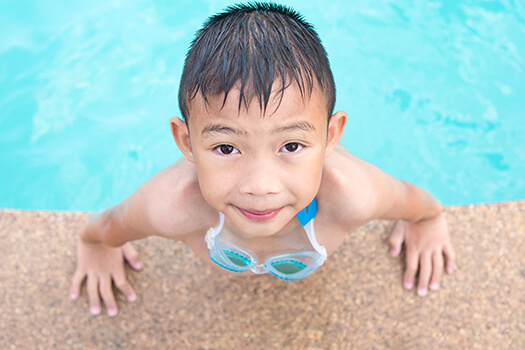
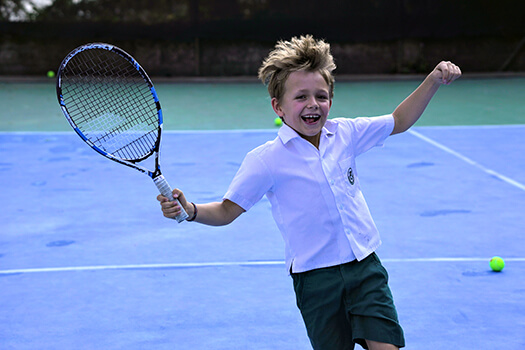
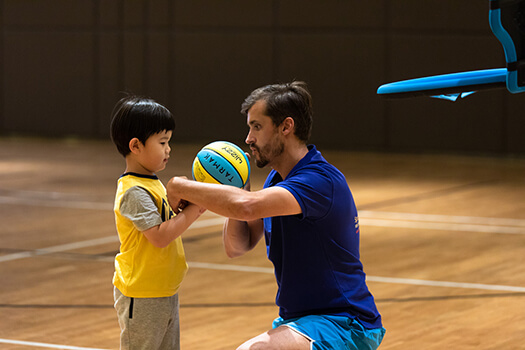
Testimonials

Leo (11 y.o) was a bright and curious child with a lot of potential, however he lacked focus, confidence and was prone to emotional outbursts.
After 3+ years of attending PTTS, Leo has developed self confidence, found a sport he loves, he is now able focus well, strategize and work hard despite challenges and has evolved in to a happy and balanced kid. As Parents, we have learned more about coaching kids through positive support and constructive inquiries.
Ms M. Lee, Leo’s
Before joining Ptts basketball programme Clement (6 yr) was a passive boy who did not like taking risks. He didn’t want to try new things due to the lack of confidence. He was quite stubborn and liked to do things in his own way.
After 2+ years of attending PTTS, Through fun physical activity and games, he has learned important building blocks to becoming a better person, how to face failure & recover from mistakes, Cooperate with teammates & show respect, and lastly to forgive others and show empathy. As a parent, I have learned a great deal from PTTS in dealing with Clement.
Sandra, Clement’s mom
Max (8y.o.) was always shy and slightly timid. According to feedback from both teachers and coaches, this projected in both class and sports which potentially could impact his development.
After attending PTTS for 2 years, He has not only rediscovered his love for basketball and other organised sports, ...But just as important, found a confidence in class to communicate his ideas and thoughts more confidently, which has positively impacted his progress according to Teacher reports.
Amy & Brandon, Max’s parents
Caleb (6 y.o.) is very intelligent and a quick and highly motivated learner, but he was always very impatient and sometimes could not control his emotions.
After attending PTTS for 2 years, Caleb has developed much better control through seeing things from more perspectives and learning techniques of calming himself down. He is also building teamwork skills through really enjoying him in his basketball lessons!
Karen Lee, Caleb’s mother
